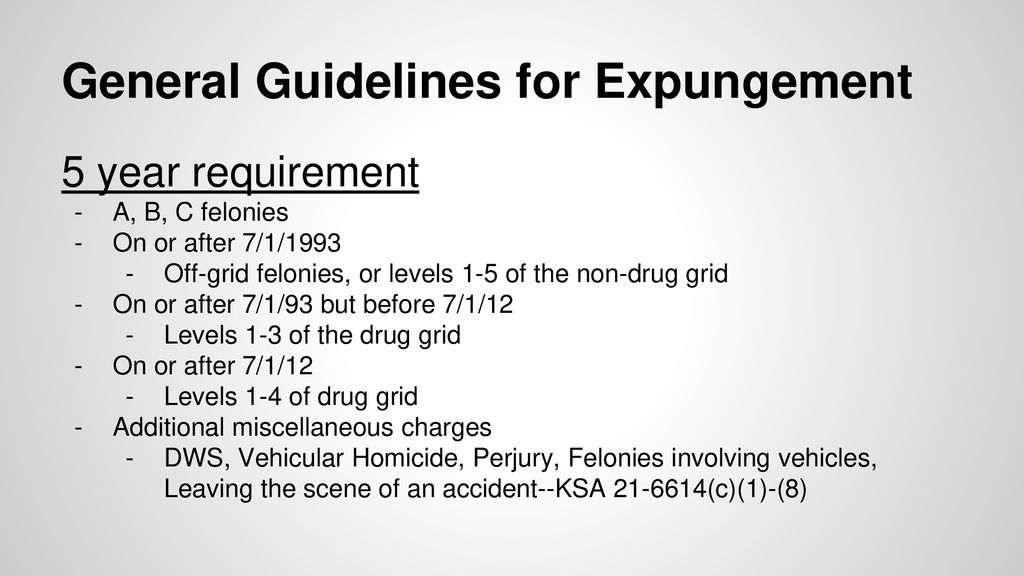The Zuckerberg-Trump Dynamic: Impact On Facebook And Beyond

Table of Contents
Trump's Use of Facebook and its Impact
Amplifying the Trump Message
Donald Trump masterfully leveraged Facebook's vast reach to communicate directly with his base, bypassing traditional media gatekeepers. His Facebook strategy was characterized by:
- Direct engagement: Trump frequently posted updates, announcements, and opinions directly to his followers, fostering a sense of intimacy and bypassing the filter of mainstream journalism.
- Targeted advertising: His campaign effectively utilized Facebook's sophisticated advertising tools to reach specific demographics with tailored messages, maximizing campaign effectiveness.
- Effective use of imagery and emotionally charged language: Trump's posts consistently used strong visuals and emotionally charged language, designed to evoke strong reactions and enhance engagement. This approach proved highly successful in mobilizing his supporters.
- Examples of successful campaigns: The 2016 presidential campaign and various rallies and fundraising efforts serve as prime examples of Trump's successful use of Facebook to reach voters and build support. Analyzing his communication style shows a preference for direct, often provocative statements to drive engagement.
The Spread of Misinformation and its Consequences
Facebook's role in the dissemination of misinformation and conspiracy theories during the Trump presidency remains a subject of intense debate. This platform, with its massive user base and sophisticated algorithms, became fertile ground for:
- The spread of fake news: Numerous instances saw the proliferation of false or misleading news articles and stories that impacted public opinion and influenced electoral outcomes.
- Foreign interference: Evidence suggests foreign actors exploited Facebook's platform to spread propaganda and interfere in the 2016 and 2020 elections.
- Facebook's slow response: Critics argue Facebook was slow to adequately address the problem of misinformation, leading to calls for increased content moderation and regulation.
- Examples of misinformation campaigns: The "Pizzagate" conspiracy and the spread of various anti-vaccine narratives are examples of how misinformation spread on the platform and impacted public health and political discourse. The consequences included erosion of trust in institutions and the amplification of partisan divisions.
Zuckerberg's Response and Facebook's Policies
Balancing Free Speech and Protecting Users
Facebook's policies regarding political speech and content moderation have been a constant source of contention. The company has attempted to balance the principle of free speech with the need to protect its users from harmful content, leading to:
- Controversial content removal: Facebook has faced criticism for both removing content deemed offensive or misleading and for allowing potentially harmful content to remain. This has led to accusations of bias and inconsistencies in enforcement.
- Ongoing debate about content moderation: The question of who decides what constitutes harmful content and how to fairly moderate a platform with billions of users remains a major challenge.
- Transparency and accountability: Calls for increased transparency in Facebook's content moderation processes and greater accountability for its decisions have grown louder.
- Examples of controversial decisions: The differing treatment of posts from various political figures illustrates the complexities of balancing free speech and protecting users.
The Evolution of Facebook's Algorithm and its Impact on Political Discourse
Facebook's algorithm plays a critical role in shaping what users see in their newsfeed. Its evolution has had a significant impact on political discourse by:
- Amplifying certain voices: The algorithm has been criticized for disproportionately amplifying certain voices and perspectives, often leading to the creation of echo chambers.
- Political polarization: The algorithm, by showing users primarily content aligned with their pre-existing beliefs, contributes to political polarization and reduces exposure to diverse viewpoints.
- Accusations of bias: There are accusations that the algorithm's design inherently favors certain types of content, potentially influencing political outcomes.
- Newsfeed manipulation: The algorithm's influence on the visibility of posts, particularly during election cycles, has raised concerns about manipulation and its potential effect on elections.
Regulatory Scrutiny and Future Implications
Government Investigations and Antitrust Concerns
Facebook has faced intense regulatory scrutiny, including:
- Government investigations: Numerous investigations have examined Facebook's role in the spread of misinformation, its handling of user data, and its potential monopolistic practices.
- Antitrust lawsuits: Lawsuits allege Facebook engaged in anti-competitive behavior, harming smaller competitors and limiting consumer choice.
- Fines and penalties: Facebook has faced significant fines and penalties as a result of these investigations.
- Impact on the business model: The regulatory landscape is evolving, and Facebook's future business model may need significant adjustments to comply with new rules.
The Future of Social Media Regulation and the Zuckerberg-Trump Legacy
The Zuckerberg-Trump dynamic has far-reaching implications for the future of social media regulation. The need for:
- Legislation to combat misinformation: Laws and regulations are being considered to address the spread of misinformation and foreign interference in elections.
- Increased platform accountability: Greater transparency and accountability are demanded from social media companies regarding content moderation and algorithm design.
- Protecting democratic processes: Regulations are needed to ensure social media platforms do not unduly influence democratic processes.
- International cooperation: Global collaboration is needed to address the transnational nature of misinformation and online manipulation.
Conclusion:
The Zuckerberg-Trump dynamic represents a pivotal moment in the history of social media and politics. This relationship highlights the profound power of social media platforms, the challenges of content moderation, and the urgent need for robust regulatory frameworks. Understanding this complex interplay is crucial for navigating the future of online political discourse. Further research into the Zuckerberg-Trump dynamic, focusing on the long-term impacts of their interactions on both Facebook's policies and the broader political landscape, is essential for ensuring a more informed and responsible digital environment. To delve deeper into this important issue, explore further resources on the impact of the Zuckerberg-Trump dynamic and the ongoing debate surrounding social media regulation.

Featured Posts
-
 Tampa Bay Derby Odds And Field 2025 Predicting The Road To Kentucky Derby
May 05, 2025
Tampa Bay Derby Odds And Field 2025 Predicting The Road To Kentucky Derby
May 05, 2025 -
 Bianca Censori In Bra And Thong Roller Skating Look
May 05, 2025
Bianca Censori In Bra And Thong Roller Skating Look
May 05, 2025 -
 Gigi Hadids Dating Choices Keeping Exes Like Bradley Cooper And Leonardo Di Caprio Separate
May 05, 2025
Gigi Hadids Dating Choices Keeping Exes Like Bradley Cooper And Leonardo Di Caprio Separate
May 05, 2025 -
 Anti Doping Violation Results In Six Month Suspension For Ex Ufc Challenger
May 05, 2025
Anti Doping Violation Results In Six Month Suspension For Ex Ufc Challenger
May 05, 2025 -
 Canelo Alvarezs Frustration With David Benavidez What Bothered The Champion
May 05, 2025
Canelo Alvarezs Frustration With David Benavidez What Bothered The Champion
May 05, 2025
